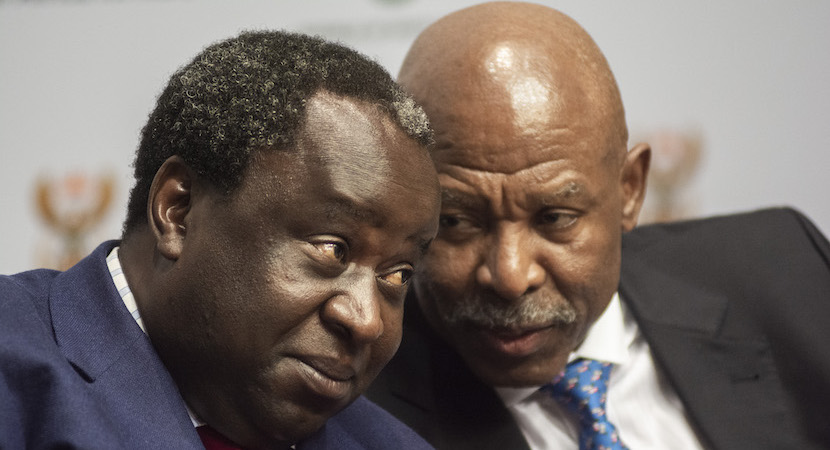South Africa’s central bank is expected to cut interest rates to a 50-year low on Thursday but resist for the moment political pressure to buy government bonds so the state can spend more to alleviate the impact of the coronavirus pandemic.
A Reuters poll predicts the Reserve Bank (SARB) will lower borrowing costs by 50 basis points to 3.75%, with a 100 bps cut seen as possible. That is on top of 225 bps of rate reductions since March.
It is not expected to announce a shift to quantitative easing (QE), the money-printing policy long pursued by major central banks to stimulate their economies and recently adopted in some other emerging market countries.
Calls for the SARB to begin direct asset purchases are likely to persist, however, including from within the ruling African National Congress party.
“Inside the ANC the finance minister is the lone voice, everyone else is pushing for the bank to do more,” said independent economist Duma Gqubule, adding the SARB could cut rates to zero without fearing inflation.
“This is a once-in-a-century crisis, the normal rules don’t apply.”
The usually conservative central bank has already stepped in to buy public debt in the secondary market, more than doubling its holdings of government bonds to 20.6 billion rand — purchases it has denied represent a shift to QE.
The SARB, which fears money printing could lead to higher inflation and weaken the rand, restated its opposition to QE this month, after the deputy finance minister urged the central bank to create money to fund the pandemic response.
“Upcoming budget adjustments may push up the deficit to 12%-15% of GDP, and it’s possible Treasury could seek direct funding in the primary market from the SARB — a move it has seemed to oppose thus far,” said analysts at JPMorgan.
The Treasury says two-thirds of its 500 billion rand ($27 billion) stimulus plan will be funded with loans from the IMF and other development institutions and the balance from capital markets and revised spending.
But with the extra spending set to widen South Africa’s budget deficit while credit ratings downgrades and this year’s 23% drop in the rand push up debt ratios and debt servicing costs, debate will continue about the central bank’s role.
“The SARB is the fastest, easiest way to deploy nuclear-tipped bazookas as the revenue hole gapes open,” said Peter Attard Montalto at Intellidex.
“The SARB is likely, at some point, going to have to step up.”
(Source: Reuters)



